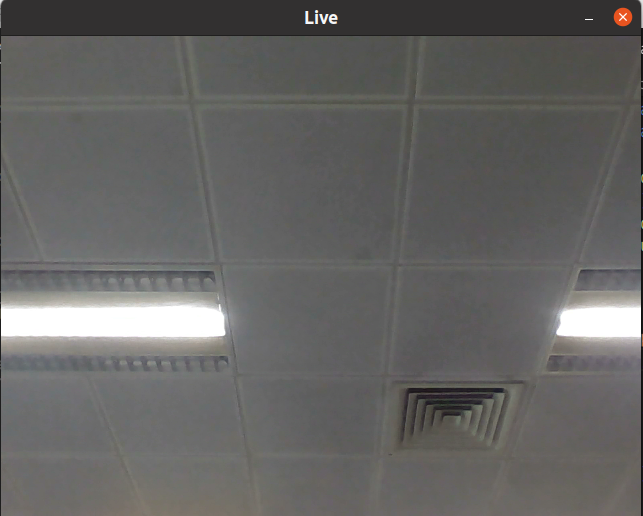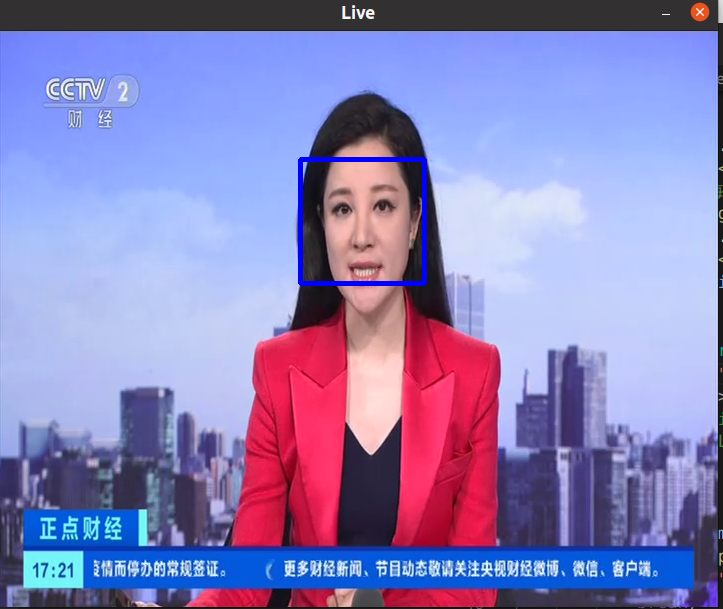c++ OpenCV4 读取笔记本电脑摄像头
代码:
#include <iostream>
#include <opencv2/core.hpp>
#include <opencv2/videoio.hpp>
#include <opencv2/highgui.hpp>
using namespace std;
using namespace cv;
using namespace std;
int main(int argc, char* argv[])
{
cout<<"OpenCV4 Example."<<endl;
cout<<"OpenCV Version = "<<getVersionString()<<endl;
webcam();
return 0;
}
void webcam()
{
Mat frame;
VideoCapture cap;
int deviceID = 0; // 0 = open default camera
int apiID = cv::CAP_ANY; // 0 = autodetect default API
cap.open(deviceID, apiID);
if (!cap.isOpened()) {
cerr << "ERROR! Unable to open camera\n";
return;
}
cout << "Start grabbing" << endl << "Press any key to terminate" << endl;
for (;;)
{
cap.read(frame);
if (frame.empty()) {
cerr << "ERROR! blank frame grabbed\n";
break;
}
imshow("Live", frame);
if (waitKey(40) >= 0)
break;
}
}运行结果:
./opencv-demo
OpenCV4 Example.
OpenCV Version = 4.5.2
Start grabbing
Press any key to terminate运行效果:
